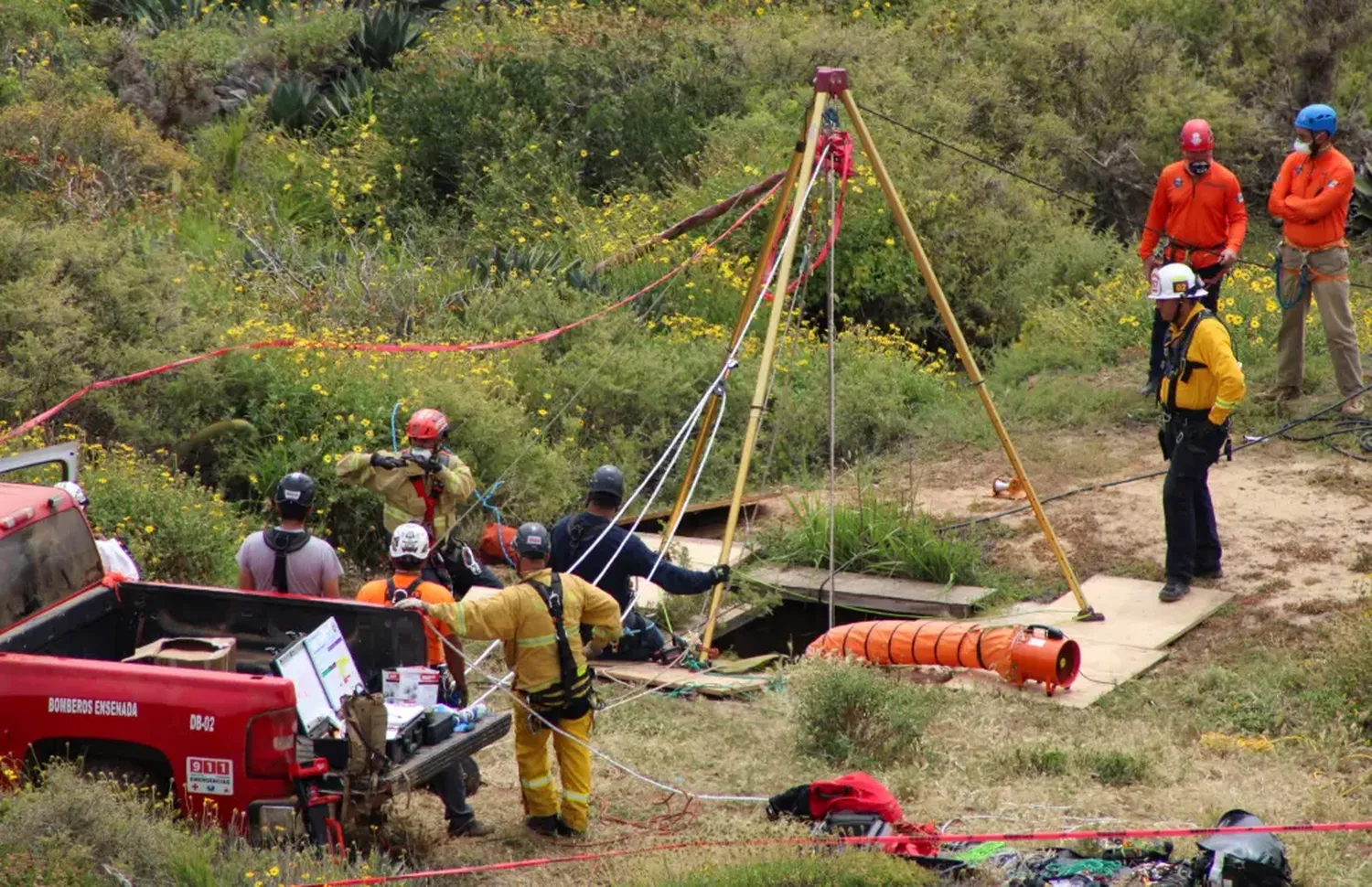Missing Surfers
Bullet Wounds Found on Bodies Presumed to be Missing Australian and American Surfers in Mexico
In a grim development that has sent shockwaves through the international surfing community, Mexican authorities have announced the discovery of bodies believed to be those of two surfers from Australia and the United States, who had been reported missing under mysterious circumstances. The bodies, found in a remote desert area in Baja California, bore evidence of bullet wounds, suggesting a violent end to what was supposed to be an adventurous surfing trip.
The surfers, identified as 27-year-old San Diego resident Víctor Oswaldo Villarreal and another individual from Australia, whose name has not been disclosed pending family notification, were last seen attempting to navigate choppy seas to reach a sailboat they had rented. The tragic turn of events has left families, friends, and the broader surfing community in mourning, seeking answers to the senseless violence that claimed the lives of two of their own.
Villarreal, known among his peers for his passion for surfing and the ocean, had planned to spend the day with his family in the picturesque Real Mediterraneo beachfront neighborhood of Tijuana. His decision to swim to the sailboat amid high tide and rough seas, with a storm looming on the horizon, was the last known activity before his disappearance. The discovery of his body, along with that of the Australian surfer, in Punta Bandera, has raised alarming questions about the safety of surfers and tourists in regions plagued by violence and criminal activities.
The investigation into the deaths is being led by Tijuana's regional prosecutor, Rubén Ramos Jiménez, who confirmed the grim find and stated that an autopsy is pending to determine the exact cause of death. While the initial assessment points to drowning as the likely cause for Villarreal, the bullet wounds found on the bodies indicate a more sinister scenario that investigators are keen to unravel.
The incident has cast a shadow over the surfing community, known for its tight-knit bonds and shared love for the ocean. Surfing, a sport that celebrates freedom, adventure, and communion with nature, has been tainted by this tragedy, prompting calls for increased safety measures and awareness among surfers venturing into less familiar waters.
Sammy Peña, a Tijuana Congressman and uncle to Villarreal, expressed his gratitude for the support received during the search for his nephew. He described Villarreal as "a nice kid — an athlete, surfer, and swimmer," whose untimely death has left a void in the hearts of those who knew him. The extensive search operation, involving local fire departments, Civil Protection, the State Prosecutor’s Office, the Mexican Navy, and volunteers, underscores the community's commitment to ensuring no stone is left unturned in seeking justice for the victims.
As the surfing community comes to terms with this tragedy, the incident serves as a stark reminder of the unpredictable and sometimes dangerous nature of pursuing adventure in remote and volatile regions. The loss of Villarreal and his Australian counterpart is a painful reminder of the risks associated with the sport they loved, prompting a collective reflection on how best to honor their memory and safeguard the well-being of surfers worldwide.
The investigation into the deaths of the two surfers continues, with authorities determined to shed light on the circumstances leading to their demise. As the surfing community mourns, there is a collective hope for answers and justice, ensuring that the spirit of adventure that defined the lives of Villarreal and his fellow surfer is not overshadowed by the tragedy of their passing.

